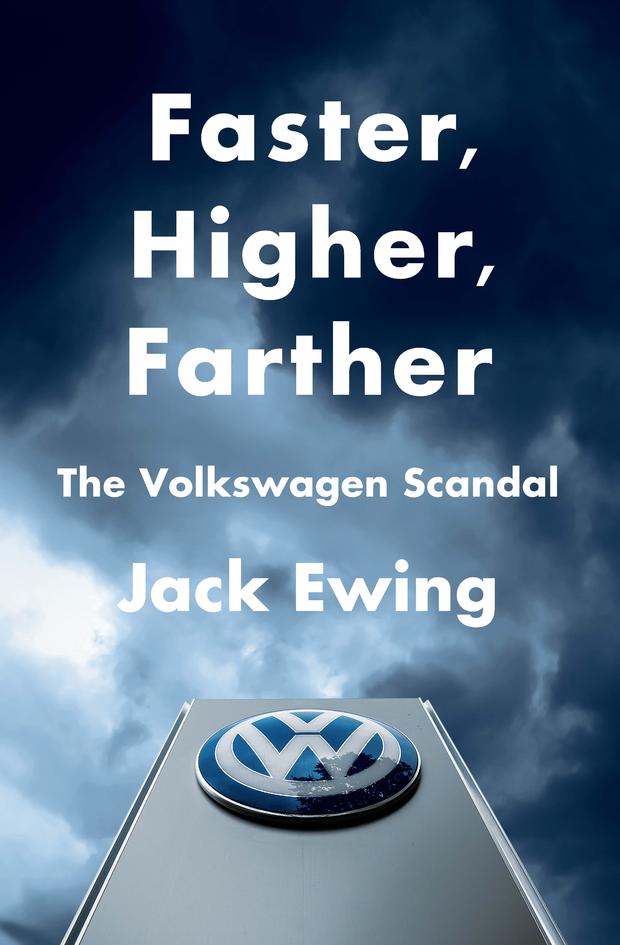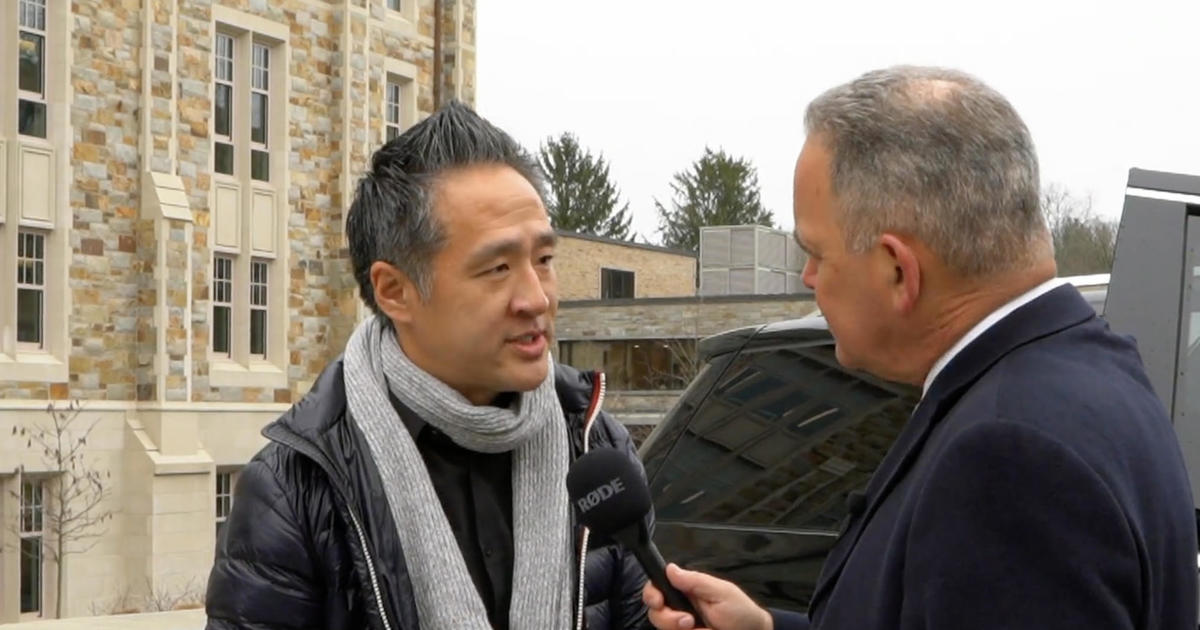"Faster, Higher, Farther" delves deep into Volkswagen emissions scandal
The biggest factor that separates the Volkswagen emissions scandal from other corporate scandals is that "money wasn't the motivation," according to author and New York Times European economics correspondent Jack Ewing. He's out with a new book called "Faster, Higher, Farther: The Volkswagen Scandal," which takes a behind-the-scenes look at the German automaker's fraud.
"If you look at the banking scandals, it was usually people who were trying to get big bonuses to make money. And this was just about trying to defend market share and I think meet the expectations that top management had set for employees, that the people who did this were really just trying to hang onto their jobs," Ewing, who covered the entire scandal, said Monday on "CBS This Morning."
In his book, Ewing writes: "The pressure to meet corporate goals at any cost is hardly unique to Volkswagen. Practically all corporate scandals stem at least in part from unrealistic targets coupled with draconian consequences for employees who fail to deliver, often combined with outsize rewards for the star performers. The risk of scandal is great if top managers do not establish clear standards of behavior and display a disregard for societal norms with their own actions."
In September 2015, the world learned Volkswagen had installed illegal software in 11 million cars, designed to conceal excess emissions during testing. A team of researchers led by Dan Carder at West Virginia University uncovered the scandal while testing the diesel cars, sold worldwide between 2008 and 2015, out on the road.
"The software could recognize when the car was on rollers in a garage being tested. And when that was the case, then it cranked up the pollution controls so that it would pass the test. And the rest of the time, the cars polluted more than a long-haul diesel truck," Ewing said.
To boost its market share in the U.S., Volkswagen wanted to promote the diesel vehicles as environmentally-friendly.
"But the engineers realized that they couldn't make the cars compliant with the U.S. rules, and so they came up with this cheat. I think they probably meant it as a short-term stopgap, but then it became a habit," Ewing said.
Six Volkswagen employees were charged in the U.S. over the scandal, and the automaker settled with American regulators and car owners for about $20 billion.
Ewing said the scandal "certainly hurt" Volkswagen's reputation.
"They're still trying to get their sales back in the United States. Sales in the rest of the world are kind of flat. They haven't collapsed," Ewing said. "I think the biggest problem for Volkswagen is the cost is taking away money that they need to be spending on new technologies because there's a big shift coming in the auto market."
In addition, the company's problems may not be over. German prosecutors last week said Volkswagen CEO Matthias Müller is under investigation. They are looking at whether he kept investors in the dark about the emissions scandal. Porsche, a subsidiary of Volkswagen, denied the allegations.
CBS News reached out to Volkswagen for comment about the book, but have yet to hear back.




